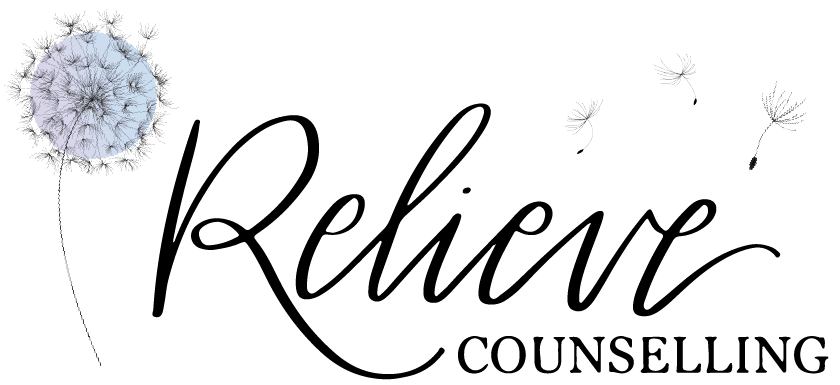Divorce is a life-altering event that can affect not only the couple involved but their children as well. When parents divorce, it can be especially challenging for children, even when they are adults. Coping with the aftermath of your parents’ divorce can be a complex and emotional journey. In this blog, we’ll explore the unique experience of healing from your parents’ divorce as an adult and offer guidance for navigating this process.
1. Acknowledge Your Feelings
The first step towards healing is to acknowledge your feelings. It’s entirely normal to experience a range of emotions, including sadness, anger, confusion, and even relief. Understand that your feelings are valid and that there is no right or wrong way to react to your parents’ divorce.
2. Self-Compassion
Show yourself kindness and self-compassion during this challenging time. Treat yourself with the same care and understanding that you would offer a close friend dealing with a difficult situation.
3. Seek Support
Don’t hesitate to seek support from friends, family members, or a therapist. Talking about your feelings and concerns can be incredibly therapeutic and help you process your emotions.
4. Understand That You Are Not Responsible
It’s essential to recognize that you are not responsible for your parents’ divorce. The decision to separate is an adult choice, and it’s not a reflection of your worth or actions.
5. Communication is Key
If you feel comfortable, communicate with your parents about your feelings and concerns. Open and honest conversations can foster understanding and provide closure.
6. Reevaluate Your Expectations
Divorce can lead to changes in your relationships with your parents. It’s essential to reevaluate your expectations and recognize that their roles in your life may shift.
7. Establish Boundaries
Setting boundaries can be crucial, especially if your parents’ divorce has created tension. Ensure that your needs and emotional well-being are a priority.
8. Focus on Self-Care
Self-care is vital during this period of healing. Prioritize activities that nurture your physical, emotional, and mental well-being, such as exercise, meditation, or creative pursuits.
9. Forgive and Let Go
Forgiving your parents, even if they have made mistakes, is an essential part of healing. Forgiveness doesn’t mean condoning their actions but is about freeing yourself from the burden of resentment.
10. Rebuild Your Own Life
As you heal, focus on building your own life and pursuing your goals and interests. Use this time of change as an opportunity for personal growth.
Healing from your parents’ divorce as an adult is a challenging journey, but it’s also a transformative one. By acknowledging your feelings, seeking support, and practicing self-compassion, you can navigate the emotional landscape of divorce and emerge from it with a stronger sense of self and the capacity for healthier relationships in the future. Remember that healing is a process, and it’s perfectly okay to take your time and approach it with patience and self-love.

